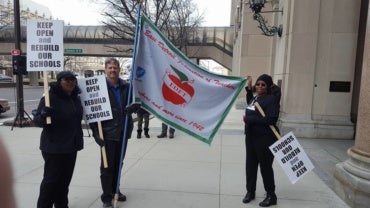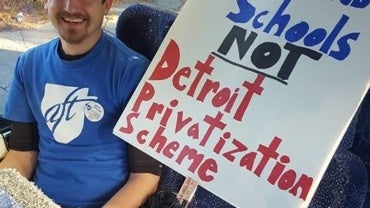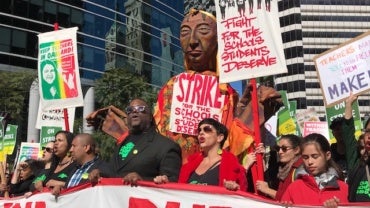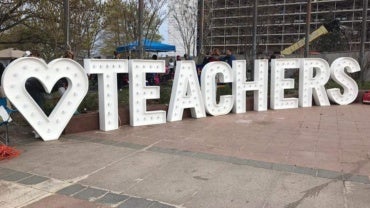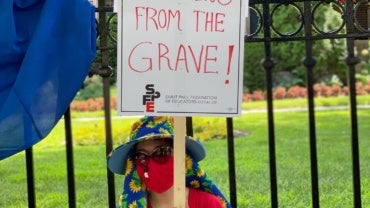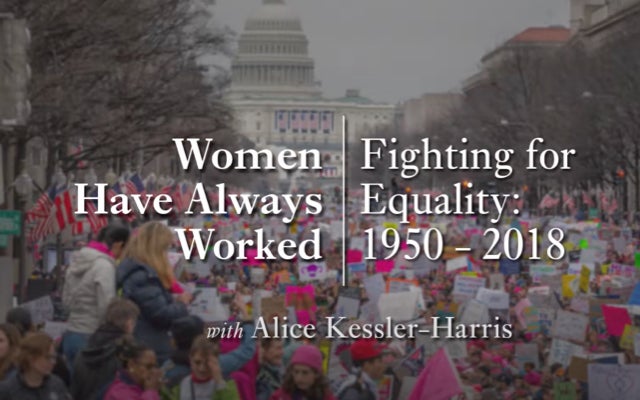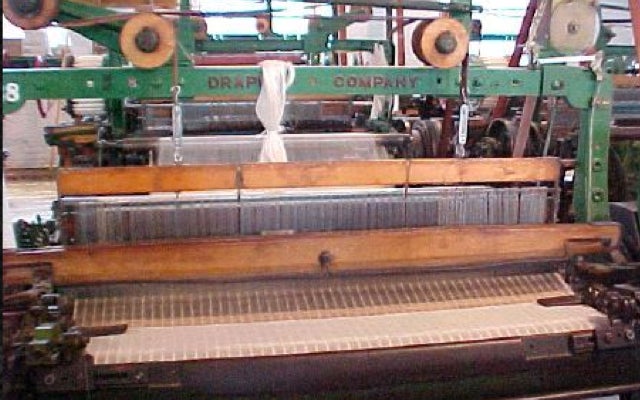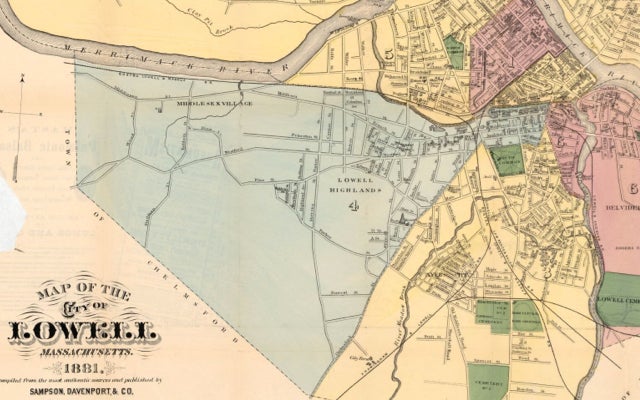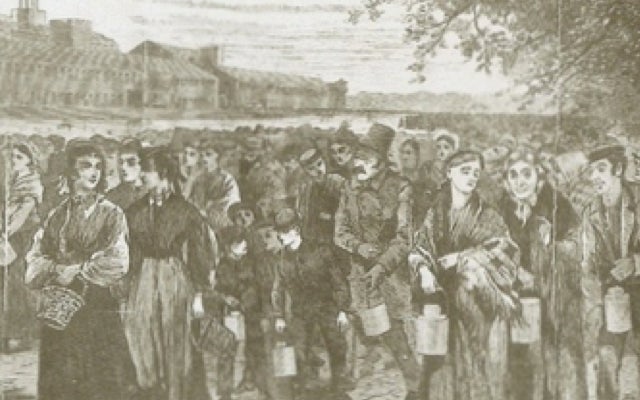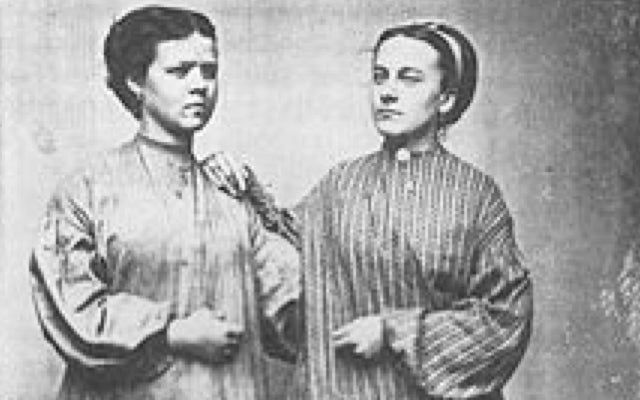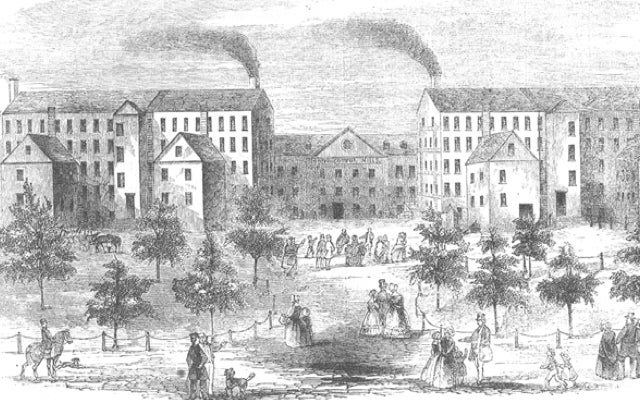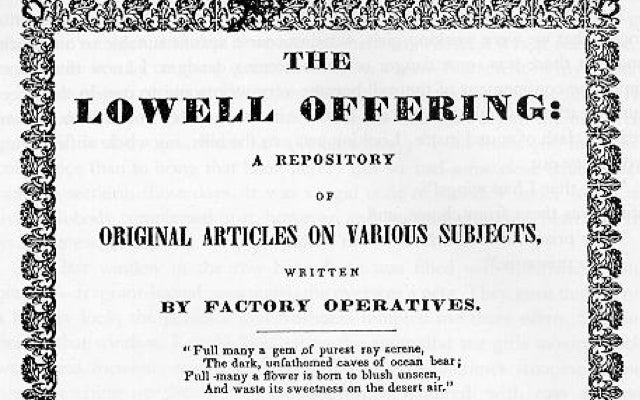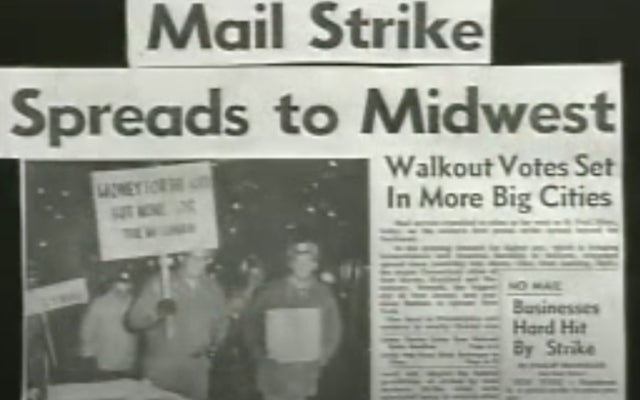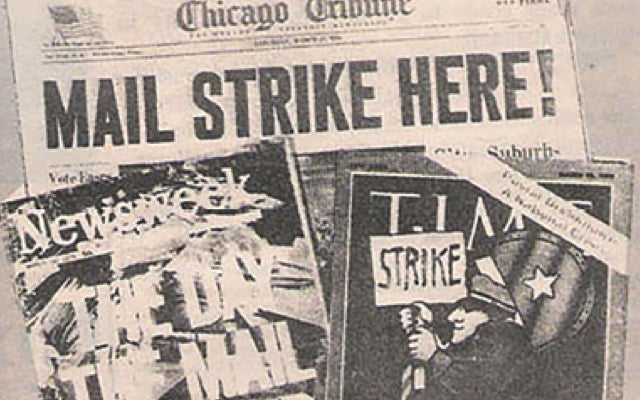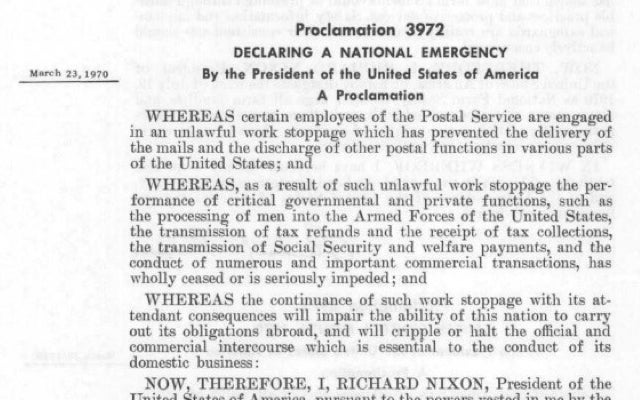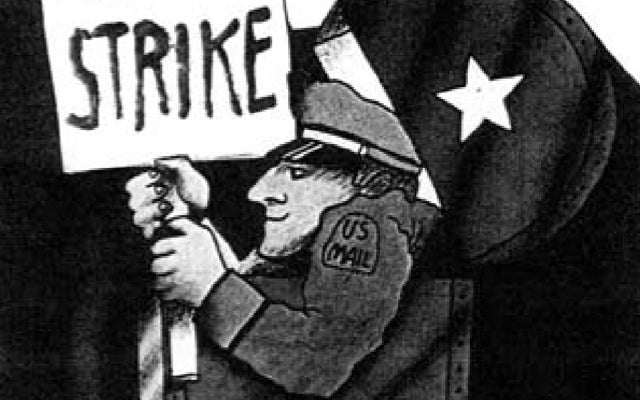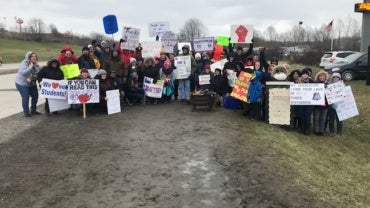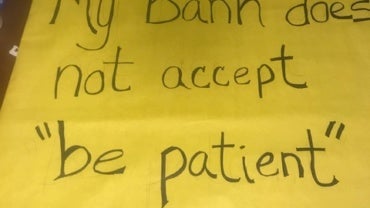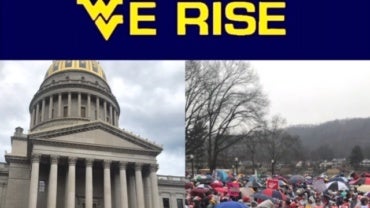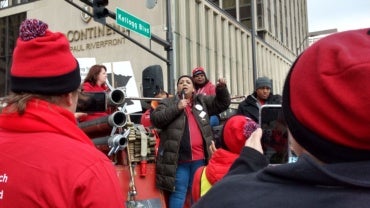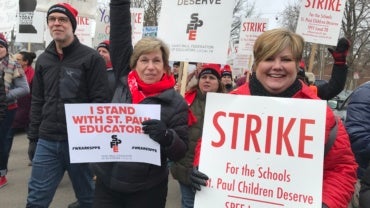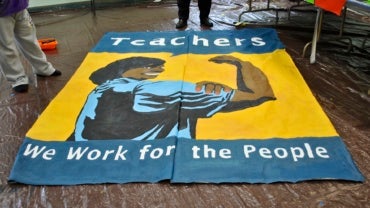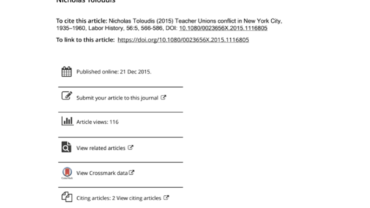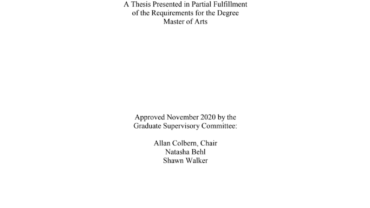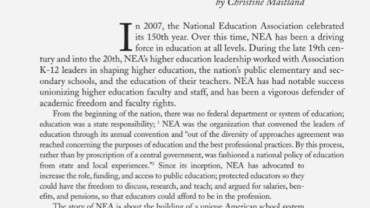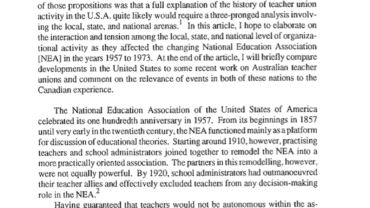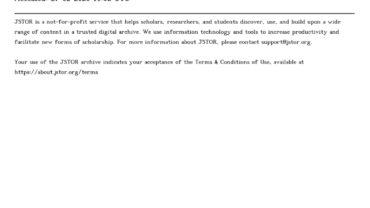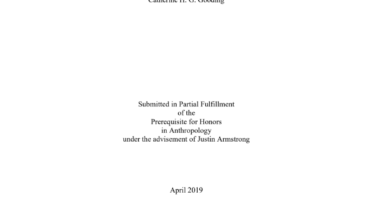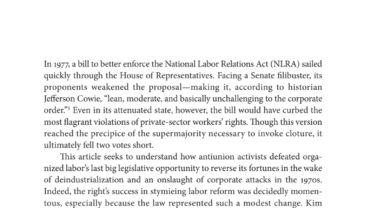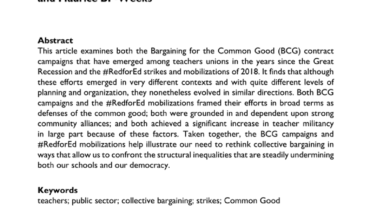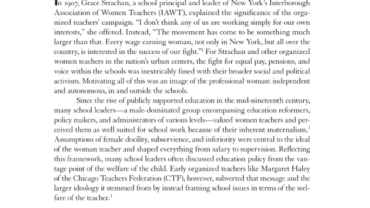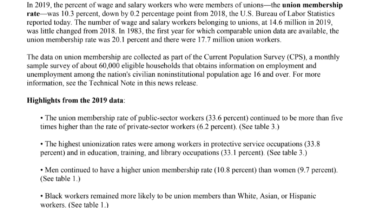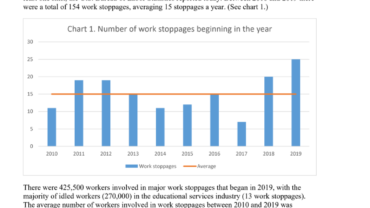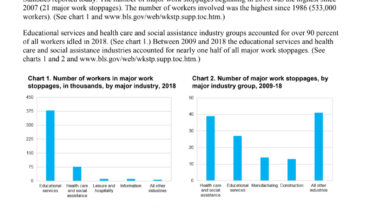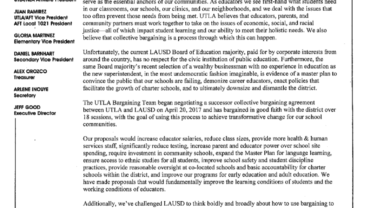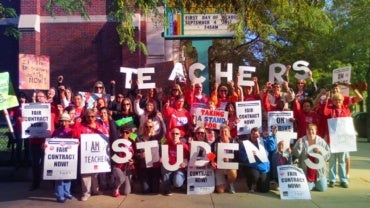Audiovisuals
Our Collection
When Teachers Mobilize Media
When Teachers Mobilize was our first major project collecting and organizing media, oral histories, articles and subject matter covering teacher strikes, protests & rallies.
The Chicago Teachers Union argues for proven educational reforms to dramatically improve education of more than 400,000 students in a district of 675 schools. These reforms are desperately needed and can head Chicago towards the world-class educational system its students deserve.
The repeated argument I hear from people who are opposed to Oklahoma teachers walking out tomorrow is “we knew what we were doing when we signed up for this.” You’re right. We did. We signed up for the hardest job in the world and putting our kids first. Here’s a poem about it.
Women Have Always Worked
Women Have Always Worked: Fighting for Equality: 1950–2018.
An exploration from an online edX course.
Women Have Always Worked: Fighting for Equality: 1950–2018.
An exploration from an online edX course.
Women Have Always Worked: Fighting for Equality: 1950–2018.
An exploration from an online edX course.
Women Have Always Worked: Fighting for Equality: 1950–2018.
An exploration from an online edX course.
Lowell Mill Girls
In 1820 Lowell, known as East Chelmsford, MA at the time, had a population of 200 and was a farming community. Thirty years later, the population had grown to 33,000 and one could find 32 textile mills in existence there. Lowell was an ideal location for these mills because it was located near the Merrimac River. The river supplied the water necessary to run these factories.
The Boott Cotton Mills Museum gives a snapshot of what is was like to work in New England cotton mills in the 1800s. The Museum, once Boott Mill #6, was originally owned by Kirk Boott, an industrialist who was responsible for much of the early urban planning that shaped Lowell’s industrial and residential landscape.
Lowell built on the advances made in the British textile industry, such as the use of the power loom, to industrialize American textile production. He was the first factory owner in the United States to create a textile mill that was vertically integrated.
In the early 19th century the United States of America began to experience many changes. In parts of the country there was a shift from an agrarian society to an industrial society.
In the early 19th century the United States of America began to experience many changes. In parts of the country there was a shift from an agrarian society to an industrial society.
The Lowell mill girls were young female workers who came to work in industrial corporations in Lowell, Massachusetts, during the Industrial Revolution in the United States.
Postal Workers Strike
APWU remembers the Great Postal Strike of March 1970. For more background on the successful wildcat strike that earned postal workers the right to bargain collectively for better pay and benefits.
The first mass work stoppage in the 195-year history of the Postal Service began on March 18, 1970, with a walkout of letter carriers in Brooklyn and Manhattan who were demanding better wages.
“Wildcat” strikes, like the one that teachers used effectively in West Virginia in February/March of this year, are when union members walk off the job despite the wishes of their leadership. By definition, they are something uncontrollable and spontaneous.
The wildcat Postal strike that began on March 18, 1970 signaled the end of collective begging and the beginning of collective bargaining that raised hundreds of thousands of postal workers, craft and management, from poverty level wages to middle class wage earners.
Photo Galleries
A gallery of photos to explore.
Featured Papers (PDF)
While studies of the New York City Teachers Union (TU) generally attribute its eventual demise to the Red Scares of the 1940s and 1950s, this article situates the TU in the history of New York City teachers associations more generally.
The ongoing Red for Ed movement in Arizona sparks an interesting discussion on its place as a social movement. This thesis examines the movement in close detail, particularly in regard to how it fits within the social movement literature’s insider/outsider framework.
In 2007, the National Education Association celebrated its 150th year. Over this time, NEA has been a driving force in education at all levels.
Not long ago, in the pages of this journal, I argued a number of propositions about the current state of historical research in the area of teacher unionism. One of those propositions was that a full explanation of the history of teacher union activity in the U.S.A. quite likely would require a three-pronged analysis involving the local, state, and national arenas.
If the 1960’s were known as the era of vigorous student militancy in most sectors of American education, the 1970’s may well go down in history as the decade of the angry teacher.
“Culture becomes not a haven of ideas or a fixed state of experience but a social imaginary erupting out of a storied cultural real.” (Stewart 1996, 63-4)
I remember the day when my father, a West Virginia University professor, accompanied some of his students to Charleston for Undergraduate Research Day at the Capitol in February 2018.
In 1977, a bill to better enforce the National Labor Relations Act (NLRA) sailed quickly through the House of Representatives. Facing a Senate filibuster, its proponents weakened the proposal—making it, according to historian Jefferson Cowie, “lean, moderate, and basically unchallenging to the corporate order.”
This article examines both the Bargaining for the Common Good (BCG) contract campaigns that have emerged among teachers unions in the years since the Great Recession and the #RedforEd strikes and mobilizations of 2018.
In 1907, Grace Strachan, a school principal and leader of New York’s Interborough Association of Women Teachers (IAWT), explained the significance of the organized teachers’ campaign. “I don’t think any of us are working simply for our own interests,” she offered.
In 2019, the percent of wage and salary workers who were members of unions—the union membership rate—was 10.3 percent, down by 0.2 percentage point from 2018, the U.S. Bureau of Labor Statistics reported today.
In 2019, there were 25 major work stoppages involving 1,000 or more workers and lasting at least one shift, the U.S. Bureau of Labor Statistics reported today. Between 2010 and 2019 there were a total of 154 work stoppages, averaging 15 stoppages a year.
In 2018, there were 20 major work stoppages involving 485,000 workers, the U.S. Bureau of Labor Statistics reported today. The number of major work stoppages beginning in 2018 was the highest since 2007 (21 major work stoppages). The number of workers involved was the highest since 1986 (533,000 workers).
The members of United Teachers Los Angeles believe that neighborhood public schools should serve as the essential anchors of our communities. As educators we see first-hand what students need in our classrooms, our school, our clinics, and our neighborhoods, and we deal with the issues that too often prevent those needs from being met.
UTLA believes every child has a right to attend a high-quality Sustainable Community School in their neighborhood.
LMU is a private Catholic university with 6,250 undergraduates, 2,150 graduate students and 1,100 law students from diverse backgrounds and many perspectives.
A report covering salary, class size & staffing, academic freedom, shared decision making, assignments and more.
Teaching in St. Paul Public Schools was a destination for me because I knew our schools had a gorgeous student population that reflected our world. I also found an amazing group of dedicated, talented colleagues I am honored to work alongside and represent.
The Chicago Teachers Union argues for proven educational reforms to dramatically improve education of more than 400,000 students in a district of 675 schools. These reforms are desperately needed and can head Chicago towards the world-class educational system its students deserve.
In 2012, the Chicago Teachers Union (CTU) issued the groundbreaking report, The Schools Chicago’s Students Deserve. The report provided a counter-narrative to ideas popular among corporate education reformers (or de-formers, as some like to say).





